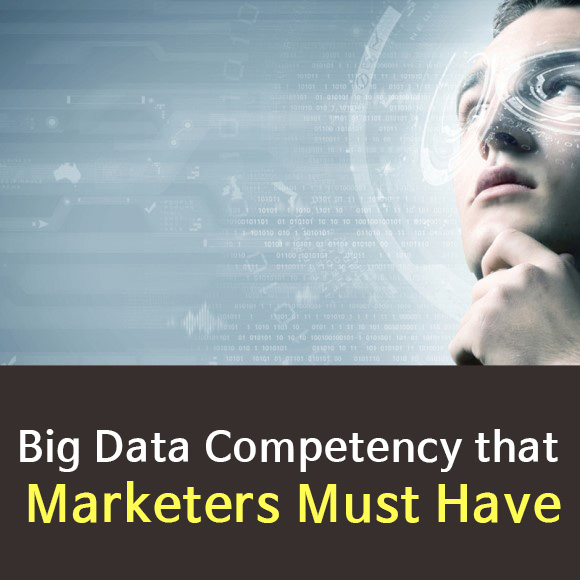
A key role for marketers is to raise awareness of brands and products. This is why big data analysis is very important to marketers. Data analysis can provide real-time insight into trends and campaigns. So what are the big data competencies that marketers must have?

- You should have differentiated insight
Marketers with powerful data technologies can provide different insights into how marketing campaigns are conducted. Modern marketers are gradually learning how to find and understand the meaning of analyzing and interpreting data, then organizing and guiding the program.
Marketers need to learn how to use the data they collect from their campaigns to deliver stories or build profiles. It is the core business of the marketer to transform the data into information that evolves the customer experience.
Big Data has helped marketers make decisions much faster, allowing them to measure performance in real-time. This enables near real-time optimization, meaning you don’t have to wait long periods of time to make critical decisions. That is, if marketers do not use analytics tools or simply take surface data, those are wasting of time.

2. Channel, platform-specific strategies are needed.
The Internet has helped marketing, but it has also made it more difficult. Most customers use multiple devices and sometimes have ad blocking software. This makes it difficult to know where they are coming from.
In other words, it is a time when marketers are not able to fully understand their customers more than ever. Interaction is being isolated because of platforms that strategically hold users, and consumers are using multiple types of connected devices. Each of these channels requires a customized strategy.
The best thing marketers can do to solve these problems is to follow the latest trends. Marketers need to learn about the popular channels people use to access their content.
It is also important to understand what platforms will lead the trend in the future. In fact, the emergence of SNS has completely changed the way people share and interact. Because of this reality, there is a growing need to understand analytics platforms that provide information about future marketing campaigns.

- Interactions should be judged and analyzed.
The role of the marketer now extends to the real needs and experience of our customers using data. And in this process, the marketing departments are concentrating efforts through trial and error a lot.
In fact, the increased response to digital marketing is not necessarily positive. Negative rumors can increase traffic to your site, and may increase negative conversations about your products on the Internet. In most cases, this does not result in a positive result.
Marketers need to be able to analyze this kind of interaction to understand the kind of intervention the brand is receiving. In addition, real-time analytical work can be initiated at questions about unclear big data. The goal of applying data engineering to a big data set is to look for unexpected trends.

- Relationships are more important than degree.
It is not necessary for marketers to have a minor in computer science to understand technology well. Instead, it is better to build relationships with data professionals and engineers within the enterprise. This helps you know who to ask when you have questions or need additional information.
Building a strong relationship between technology and marketing is an important change in the real world. Marketers need data and data experts are managing systems that generate data. Because of that, it is important to find a way to collaborate more than anything else.
The engineer team integrates the data, the data engineer turns the marketer’s latest data problems into algorithms, and the marketer must take this insight and turn it into a new or improved strategy. Eventually, most companies will experience a natural process in which marketers become part of the data lifecycle.